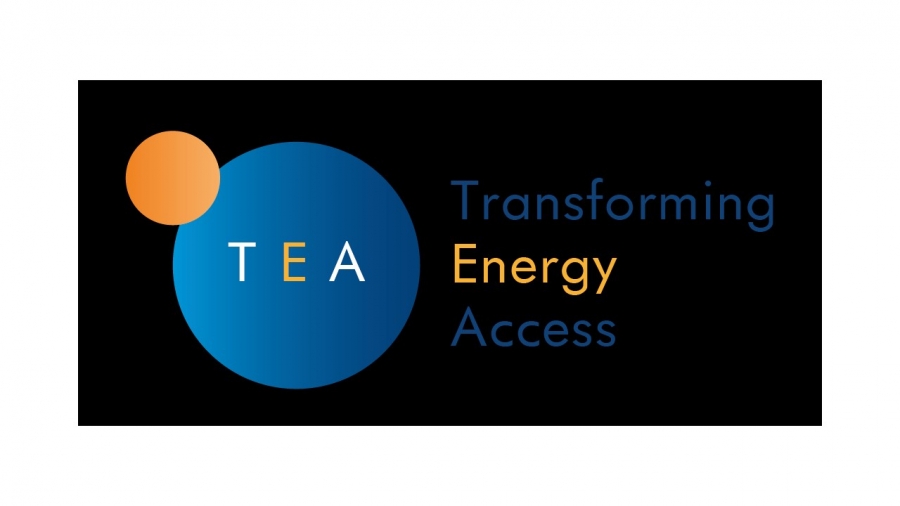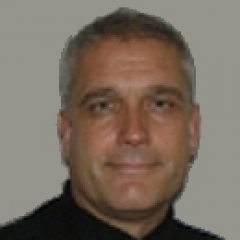
At first glance, you would have thought that conducting a transcontinental workshop on designing and developing Masters courses in energy access was not going to be an easy task, but the teams from seven universities across Africa took to the work like ducks to water, as the saying goes. Facilitated with magisterial competence by the University of Cape Town team and surrounded by the calm elegance of Strathmore University, the teams put together under the aegis of the Transforming Energy Access Learning Partnership (TEA-LP) got quickly (and mostly quietly) to work…
Despite the substantial differences in learning environments, structures and pedagogical cultures, the teams from the University of Port Harcourt in Nigeria, the National University of Lesotho, the University of Malawi, Moi University (2 teams) and Strathmore University in Kenya, Gulu University in Uganda, Mekelle University in Ethiopia, a team from the Pan-African University (PAUWES), all coordinated by the the University of Cape Town, got down to work with a will.
No laughing matter....Serious discussions among the Lesotho team
Although this was a mixture of teams from very different backgrounds, moreover, they all shared one common motivation – the desire to overcome the levels of energy access in their countries and to understand the need to move communities of the poorest towards the low carbon transitions that anthropogenic global warming demands across the world. There can surely be no more important task than this.
With this in mind, the workshop had to encompass a daunting range of understandings: of the energy access sector needs in each country and across Africa and how to translate those sectoral needs into an effective Masters level course; how to harness the Learning Partnership principles and goals to work towards that aim; what is meant by an outcomes driven curriculum in the unique learning circumstances of each country, how to identify expertise gaps and source that missing expertise, as well as how to arrive at mutual understandings for curriculum definitions; and as a necessary outcome of all of these challenges, how to use Masters courses in energy access to drive an entrepreneurial culture in each country.
Mind-mapping by the PAUWES team
The workshop began with a series of presentations from Energy for Impact, Shortlist and AMI outlining the opportunities and challenges for the energy access sector, which served brilliantly to frame the workshop and put the spotlight firmly on the students and what would be required of them to make them effective entrants into the sectoral employment market. The teams then set out on a variety of tasks as diverse as analysing what is meant by ‘soft’ versus ‘hard’ skills in an energy access context, developing mind maps of the objectives of each course, developing learning activities and entrepreneurial competences and how to drive energy access amidst the urgent need for low carbon transitions.
Set in the gratifyingly cool and well-appointed rooms of the Strathmore University Business School, the teams had the comfort to concentrate on a range of intense discussions which continued through the group meals in the evenings. Not only did close coordination develop within each team, the opportunity to discuss issues and ideas across teams and between countries was a fascinating and valuable experience. Opportunities to take part in events like this, put together by the UK Carbon Trust and funded by the UK government Department for International Development (DfID), are few and far between but the more valuable for that and for the spirit of cooperation and interest shown by the African university teams.
The feed-back from the event (which was overwhelmingly positive) reflected the value and the need for more of this kind of event, and given the importance of the subject it only remains to thank the teams who took part with such verve and to suggest that there needs to be an awful lot more of this kind of collaboration and cooperation, between learning institutions and countries, across belief systems and cultures. The energy poor of Africa are waiting.

